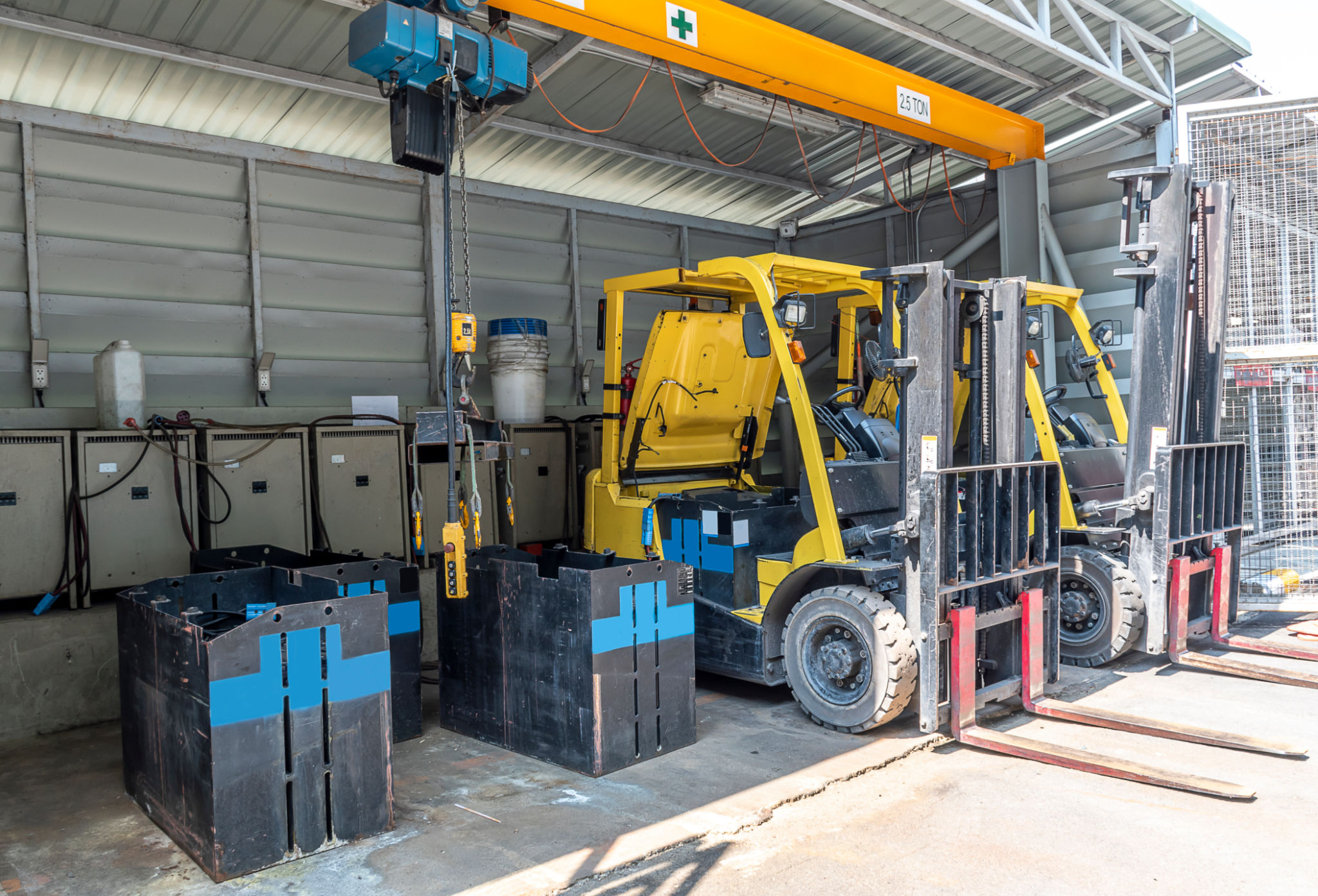How Lithium Forklift Technology is Revolutionizing Material Handling
The Rise of Lithium Forklift Technology
In recent years, the material handling industry has seen a significant transformation with the advent of lithium forklift technology. This innovative power source is quickly becoming the go-to solution for businesses aiming to enhance efficiency and sustainability. As more companies recognize the benefits, lithium-powered forklifts are being adopted at an unprecedented rate.
Traditional lead-acid batteries have long been the standard in forklift power. However, with growing environmental concerns and the demand for improved performance, lithium-ion batteries offer a compelling alternative. They not only provide longer run times but also reduce maintenance costs and increase overall productivity.

Enhanced Efficiency and Performance
One of the primary advantages of lithium forklift technology is its superior efficiency. Lithium-ion batteries charge faster and last longer than their lead-acid counterparts. This means less downtime for charging and more time for operation, which is crucial in fast-paced warehouse environments.
Lithium batteries also maintain consistent power levels throughout their discharge cycle, ensuring forklifts perform at optimal levels until the battery is fully depleted. This consistency can significantly enhance productivity and streamline operations, particularly in industries that require 24/7 material handling capabilities.

Reduced Maintenance and Longevity
Another key benefit of lithium forklift technology is the reduced maintenance it requires. Unlike lead-acid batteries, which need regular watering and equalizing charges, lithium batteries are virtually maintenance-free. This feature not only saves time but also reduces the risk of human error during maintenance procedures.
Furthermore, lithium-ion batteries have a longer lifespan than traditional batteries, often lasting up to three times longer. This durability translates into fewer battery replacements over the lifetime of a forklift, resulting in significant cost savings for businesses.

Sustainability and Environmental Impact
As companies strive to become more environmentally conscious, the shift to lithium forklift technology supports these sustainability goals. Lithium-ion batteries are more eco-friendly than lead-acid options, as they produce no harmful emissions during charging or operation.
Additionally, many lithium batteries are recyclable, reducing the environmental impact at the end of their lifecycle. By adopting lithium technology, businesses can contribute to a cleaner environment while also promoting a green image to their customers and stakeholders.
Safety and Innovation
Safety is a top priority in any industrial setting, and lithium forklift technology offers several safety advantages over traditional batteries. Lithium-ion batteries are designed with integrated safety features that prevent overcharging and overheating, reducing the risk of accidents.
Innovative battery management systems further enhance safety by monitoring performance in real-time and alerting operators to potential issues before they become critical. This proactive approach to safety helps prevent costly downtime and ensures a safer working environment for all employees.

Overall, the adoption of lithium forklift technology is revolutionizing material handling by offering superior efficiency, reduced maintenance, environmental benefits, and enhanced safety. As this technology continues to evolve, it promises to drive even greater advancements in the industry, making it an indispensable tool for businesses looking to stay competitive in today's market.
